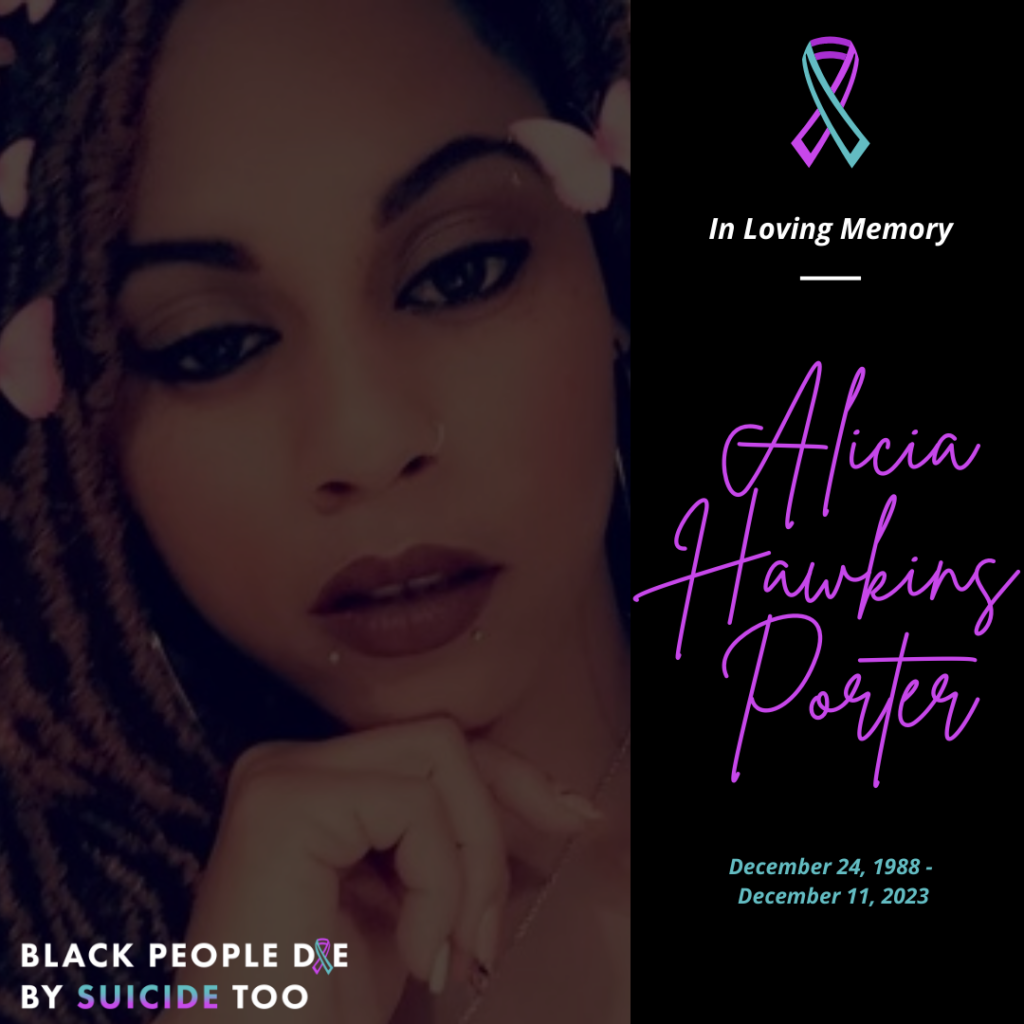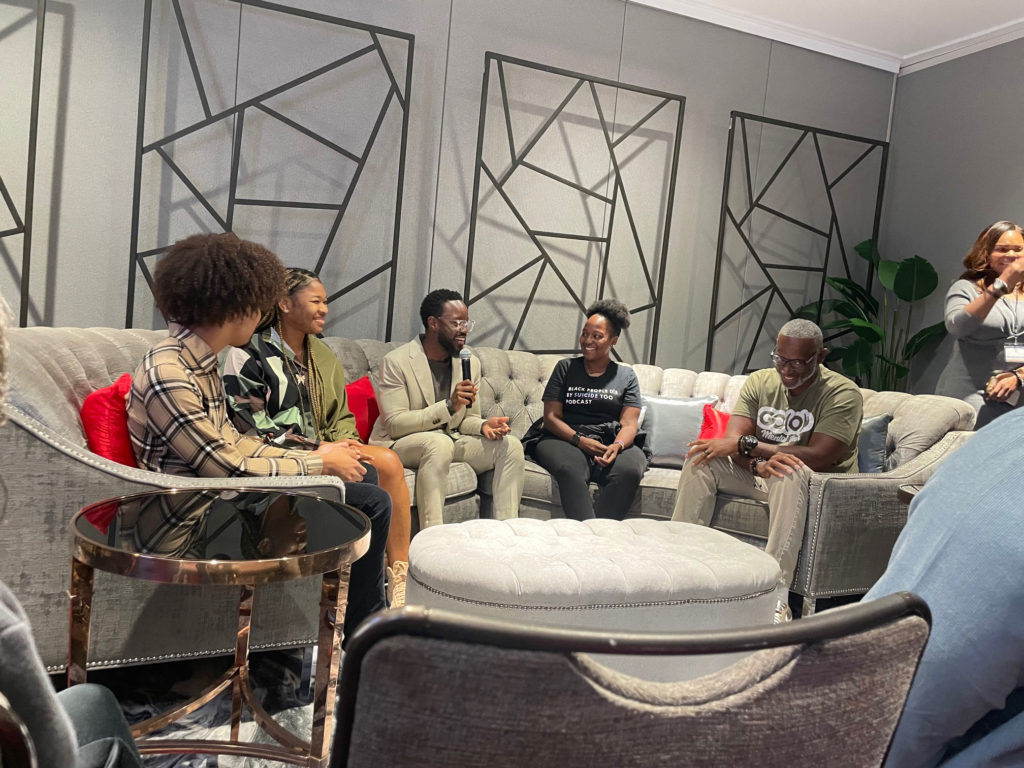A social network is vital to your well-being, especially when you live with a mental health condition. Organizations such as the National Alliance On Mental Illness and Depression Bipolar Support Alliance host free support groups where people can connect and support others. Here To Help offers ten tips to help you build a support system.
1. Don’t be afraid to take social risks.
Seeking out new people and introducing yourself to them may be a useful way to meet others. For example, you may decide to go to a party, even though you won’t know anyone else at the event. Informal gatherings, community centers, recreational clubs, volunteer positions, schools, and workplaces are also common places to meet people.
2. Get more from the support you have.
It’s easy to assume that other people know what you need, but this is usually not true. You may need to tell others what you need. Be as specific as possible in your requests. However, be careful not to overwhelm your supporters.
3. Reach out.
Ask people you know to help you broaden your networks. For instance, if you have recently become single, ask your friends to introduce you to other single people.
4. Create new opportunities.
You may create new opportunities to meet others when you step outside of your comfort zone. For example, you may meet new people when you join a club, group, or become involved in an organization.

5. Let go of unhealthy ties.
Walking away from relationships is painful—even when the relationship is causing harm, but it is necessary. For example, if you are trying to quit drinking and your friends only want to spend time in bars and clubs, you may decide to let them go. Use your judgment, and it may be possible to spend less time with certain people without fully abandoning the friendship.
6. Make a plan.
Figure out what supports you need and how you might find it.
7. Be a joiner.
Sometimes, the best way to find the support you need is through a support group. If you need support for a specific challenge, like managing your weight or living with a health condition, a formal support group may be the best option. Did you know we offer support groups too? Our BLACK & SUICIDAL: Peer Support Groups have become extremely popular and they are free for a limited time. Thanks to our sponsors Ubuntu Healing Collective and Black Women’s Mental Health Institute. Sign-up for our monthly newsletter and follow us on Instagram so you can be the first to know!
8. Be patient.
Making new friends takes time. You may need to meet many new people to make just one new friend. Building intimacy also takes time. It can take several months to feel close to someone and feel like you can count on their support.
9. Avoid negative relationships.
Negative relationships are hard on your mental and emotional health. Some negative aspects may be obvious, such as abuse. Other times, they may be more subtle, such as excessive dependence or control issues. You aren’t responsible for the other person’s behavior, but it can take a toll on your well-being. It can be hard to avoid seeing toxic family members because you may see them at family gatherings. In this case, limit the amount of time you spend with them or buffer that contact with other helpful supporters.
10. Take care of your relationships.
You’re more likely to build strong friendships if you are a good friend, too. Keep in touch with your support network, offer support to others when they need it, and let them know that you appreciate them.



